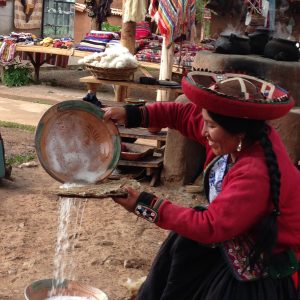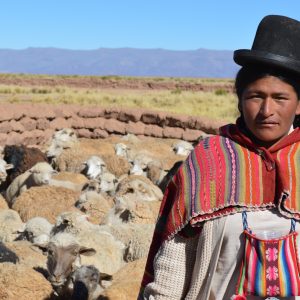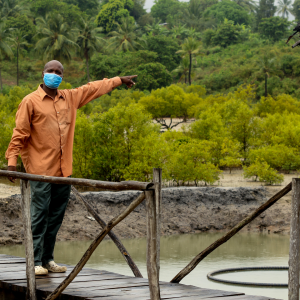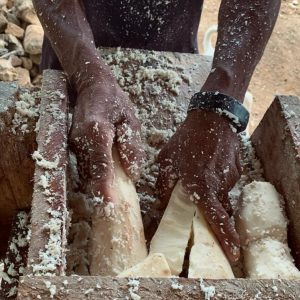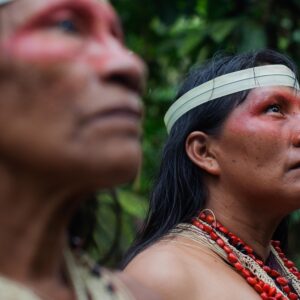
Funding the Frontlines of the Energy Transition
By Peter Kostishack, Director of Programs At COP26, many governments and investment institutions announced commitments to phase out coal power and end direct international financing of the fossil fuel industry. Yet even with these commitments, governments’ planned oil and gas production is still double what is needed to meet the Paris Agreement’s 1.5°C limit. The […]

